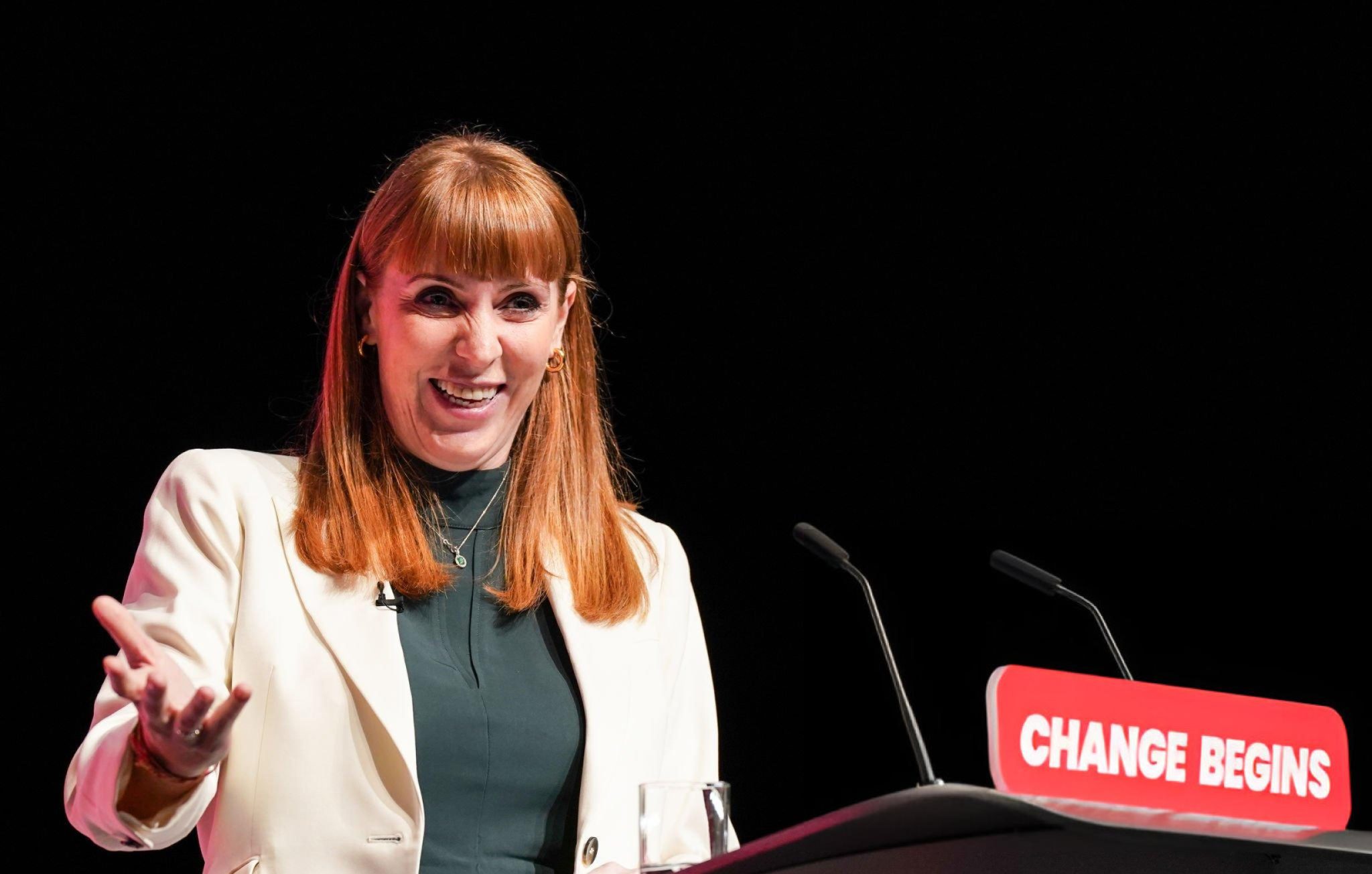In the hushed corridors of Westminster, there’s a leadership contest few dare speak of openly – but Angela Rayner, Labour’s plain-speaking deputy leader, is quietly pulling ahead.
The shifting dynamics were palpable during last week’s Prime Minister’s Questions. As Keir Starmer dismissed Plaid Cymru leader Liz Saville Roberts’ jibe as “rubbish,” Chancellor Rachel Reeves let out a loud, performative laugh. Rayner, sitting just beside her, didn’t so much as flinch. That moment, subtle as it was, spoke volumes.
To many within the party, this was a sign that Rayner – not Reeves – is the one to watch. Reeves, once seen as a steady hand on the economic tiller, has become increasingly unpopular both within Parliament and among the membership. Her approval ratings are dire, with some MPs now quietly asking whether she could or should be replaced. Rayner, by contrast, remains Labour’s only elected senior figure – and her standing among grassroots members has only grown.
Her road to influence hasn’t been without bumps. After Labour’s general election win last year, Rayner found herself blocked from securing a formal Deputy Prime Minister title – and from automatic membership of the National Security Council. There was even talk of Pat McFadden acting as the real power behind Starmer. But Rayner didn’t buckle. She dug in, wielding her wide remit with steely determination.
Her allies now boast she occupies not one but five offices, including a Manchester base she uses to remain rooted in her northern constituency. She’s been bruised – including two police investigations, one over alleged lockdown breaches and another over a disputed property sale – but survived them all, and, arguably, emerged stronger. While others faltered, she weathered the media storms and kept moving forward.
Reeves and Health Secretary Wes Streeting have been considered potential successors to Starmer. But Reeves’ deep unpopularity – thanks largely to her austerity-style approach, such as the controversial winter fuel cuts – makes her unelectable among the membership. Streeting, while respected for his communication skills, is still burdened by a Blairite label that alienates many on the left. Rayner, by contrast, has found an unlikely balance.
Positioned on the soft left, she draws admiration from both modernisers and traditionalists. She lauds New Labour for giving her a second chance as a young single mum, but also maintains strong links to Blue Labour thinkers and union powerbrokers. She was even a guest at Tony Blair’s festive drinks do, and is close to Gordon Brown. In the words of one senior MP: “She’s the only one who can unite the party and the only one who can win with the members.”
Her track record in government is impressive too. Unlike others, Rayner hasn’t been caught up in policy rows. Her landmark bills – particularly those focused on renters’ rights and workers’ protections – have landed well both in Parliament and with the public. She’s managed to appear both competent and authentic – a rare feat in modern politics.
And therein lies the secret to her growing appeal. Angela Rayner is Labour’s “Heineken candidate” – she reaches parts of the electorate that others simply cannot. While Starmer struggles to connect and Reeves alienates with her cold arithmetic, Rayner speaks plainly and directly to voters, especially in the Red Wall and working-class communities.
Of course, Starmer remains in post and the party has only recently returned to power. But restlessness is mounting. Labour performed dismally in May’s local elections, losing swathes of seats and slipping behind Nigel Farage’s Reform UK in key polls. Insiders fear a rout in Scotland and Wales next year, and even trouble in London.
In that context, many MPs are beginning to look ahead. As one rebel put it, “Fear of losing your seat is greater than getting bollocked by the whips.” Even some in Cabinet now question if Starmer will make it to the next general election.
Should the moment arrive, Rayner seems ready. With her political resilience, grassroots popularity and ability to cut through to alienated voters, she’s emerging not just as a candidate-in-waiting – but the candidate many believe Labour will ultimately need.






